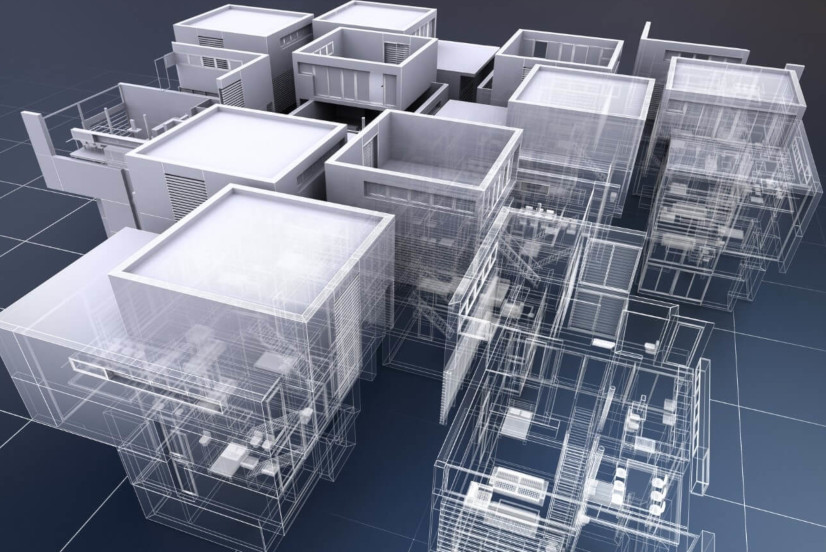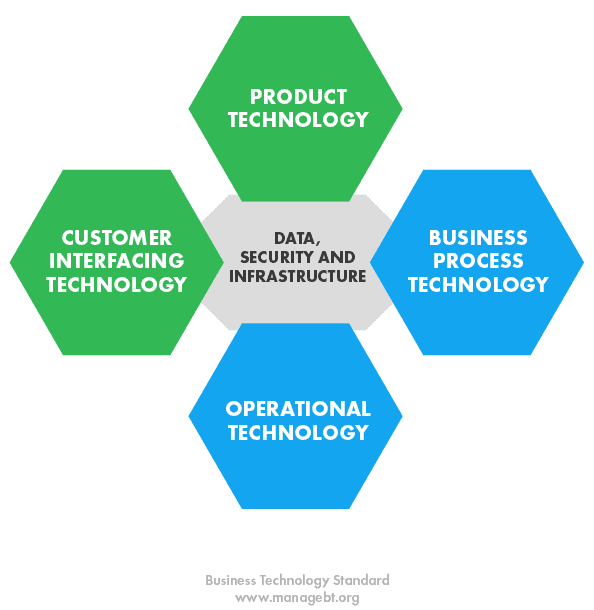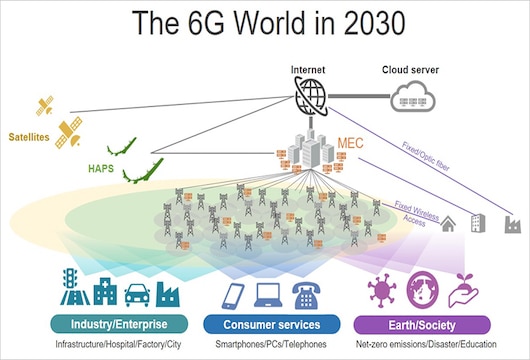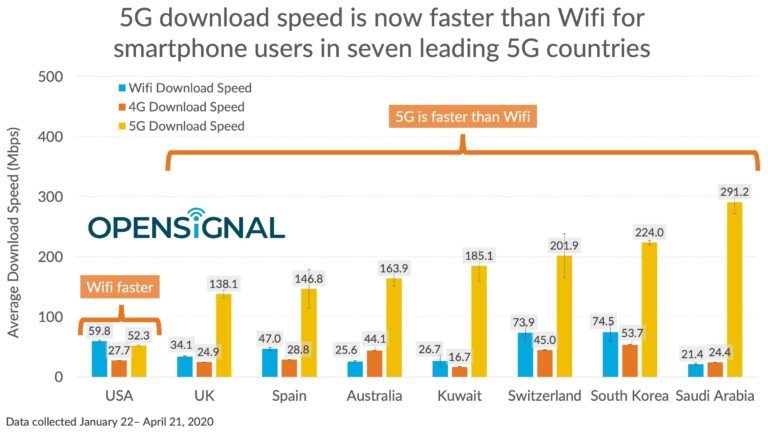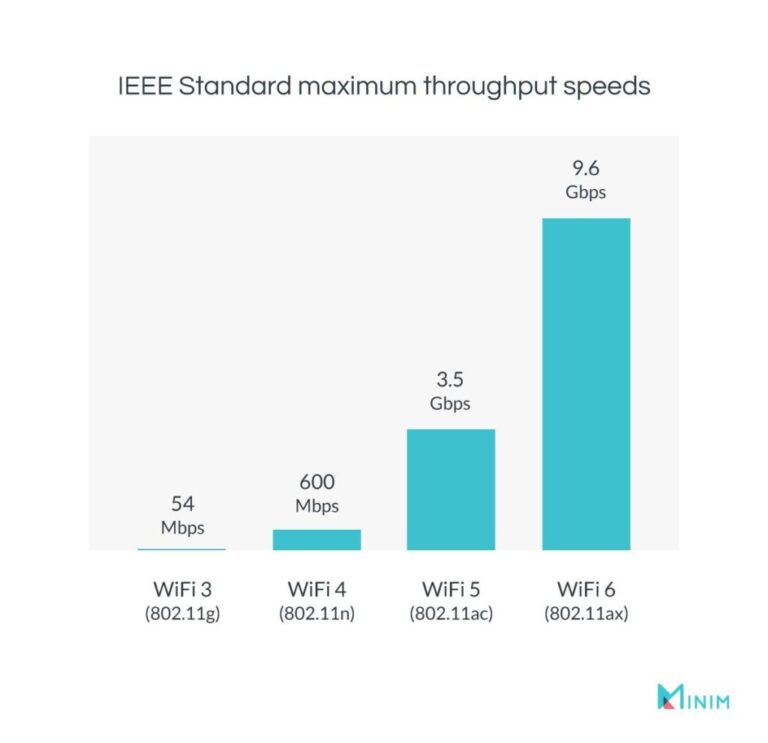What Is Innovative Construction Technology?
Innovative construction technology is the use of cutting-edge techniques, materials, and processes in the construction industry. This technology can range from robotics and automation to advanced materials, such as composite materials, to modern methods of project management. It is an ever-evolving field that seeks to improve the efficiency, safety, and sustainability of construction projects. By utilizing innovative construction technology, construction companies can reduce costs, increase productivity, and improve the quality of the built environment.
Definition of Innovative Construction Technology
Innovative construction technology is a term that encompasses all of the ways that new technology can be used to improve the construction industry. It includes both new materials and processes for construction, as well as new tools and technologies for designing and building. In recent years, the construction industry has seen a shift towards using more sustainable materials, as well as a move towards more efficient and cost-effective building methods. Innovative construction technology makes it possible for the industry to move towards more efficient and sustainable solutions. Examples of innovative construction technologies include 3D printing, prefabricated construction, and the use of drones for surveying. By using these tools to reduce costs, increase safety, and improve quality, the construction industry can become more efficient and sustainable.
History of Innovative Construction Technology
The history of innovative construction technology is a long and varied one. It has been shaped by advances in technology, economic changes, and human ingenuity. In the earliest days of human history, people used simple tools to build structures and dwellings out of mud, stone, and wood. The development of metal tools and the invention of the wheel allowed for more complex structures such as castles and cathedrals. In the 19th century, the Industrial Revolution saw the introduction of powered machinery and mass production techniques which revolutionized the construction industry. This allowed for the construction of tall buildings and bridges, and the development of new materials such as steel and concrete. In the 20th century, the development of computer-aided design and robotics further increased the efficiency of the construction process. In the 21st century, the ever-increasing pace of technological advancements has brought us to the point where construction projects are now being completed faster and more efficiently than ever before. The future of construction technology looks bright, and we can expect to see a plethora of exciting new innovations in the years to come.
Benefits of Innovative Construction Technology
Innovation is the key to success in the construction industry. With the introduction of advanced technology and innovative techniques, the processes of construction have become more efficient, cost-effective, and reliable. Innovative construction technology has revolutionized the construction industry and is the driving force behind today’s modern construction processes.
It is important to understand the advantages that come with the implementation of innovative construction technologies. These benefits can be seen in the form of improved safety, more efficient use of resources, and increased productivity. For example, the use of drones, BIM (Building Information Modeling) software, 3D printing, and robotics have all made it possible to streamline the construction process and reduce the time and cost of construction projects.
Innovative construction technology also enables construction companies to better manage their projects and to reduce risk by making use of advanced analytics and data-driven insights. By leveraging the power of data, construction companies can monitor projects in real-time and make timely decisions that will help them stay on track and within their project budget.
Furthermore, the use of innovative construction technology can help reduce environmental waste and promote sustainability. By leveraging renewable energy sources and using eco-friendly construction materials, construction companies can reduce their environmental footprint and help to create a more sustainable future.
Innovative construction technology has the potential to revolutionize the construction industry and make it more efficient, cost-effective, and reliable. With the right technology, construction companies can better manage their projects, reduce environmental waste, and promote sustainability. The benefits of innovative construction technology are numerous and should not be overlooked.

Examples of Innovative Construction Technology
Innovation is key when it comes to staying ahead of the competition in the construction industry. With new technologies and materials emerging, construction companies are being presented with an ever-growing array of options when it comes to building projects. Innovative construction technology is the use of cutting-edge methods and materials to build structures in an efficient and cost-effective manner.
Examples of innovative construction technology include prefabricated structures, lightweight materials, robotic automation, 3D printing, and augmented reality. Prefabricated structures, such as modular buildings, can be assembled quickly and efficiently, with all components pre-cut and ready for assembly. Lightweight materials, such as steel, aluminum, and composites, are becoming increasingly popular in construction, allowing builders to construct lighter and more durable structures. Robotics are being used to automate many of the labor-intensive tasks associated with construction, such as welding, riveting, and painting. 3D printing is being used to create a range of components, from light fixtures to walls, for use in construction projects. Augmented reality is being used to help visualize structures in a virtual environment, allowing builders to get an accurate representation of the space before construction begins.
Innovative construction technology is revolutionizing the industry, and is allowing builders to increase efficiency, reduce costs, and create safer and more durable structures. By embracing these new technologies, construction companies are able to stay ahead of the competition and create better-built structures.
Challenges of Innovative Construction Technology
Innovative construction technology is revolutionizing the building industry. It promises to increase efficiency, reduce costs, and produce safer, more sustainable buildings. But as with any new technology, there are challenges that need to be addressed before it can reach its full potential.
One challenge is the cost of the technology. Many of these systems require complex hardware and software, and their costs can quickly add up. Additionally, there is a need for skilled technicians to install and maintain the systems. This can require significant investments in training and personnel.
Another challenge is the complexity of the systems. Despite the promise of increased efficiency, these systems often require significant setup and maintenance. This can be time-consuming and challenging for those who are not familiar with the technology.
Finally, there is the challenge of integrating the technology into existing systems. Many of these systems are designed to work with specific hardware and software, and that can be difficult to integrate into existing infrastructure.
Despite the challenges, innovative construction technology is here to stay. With the right investments in training and personnel, and the continued development of systems that are easier to use and integrate, these technologies can revolutionize the way we build.
Future of Innovative Construction Technology
Innovation is a driving factor in the construction industry, as it allows for improved efficiency and cost savings. Construction technology has advanced drastically over the past decade, with the introduction of new materials and processes that are changing the way projects are completed. Innovative construction technology has an immense potential to revolutionize the industry, making it more efficient, cost-effective and sustainable.
The implementation of innovative construction technologies such as Building Information Modeling (BIM) and automated construction equipment are transforming the construction industry, allowing for improved accuracy and safety. BIM allows for the integration of multiple disciplines into one digital model, providing an accurate representation of a building’s design, construction and operation. Automated construction equipment helps to reduce labor costs, minimize errors and improve safety on the job site.
The use of drones, 3D printing and augmented reality are also transforming the construction industry, making it more efficient and cost-effective. Drones help to reduce costs by providing an aerial view of the job site, allowing for improved accuracy and safety. 3D printing can be used for the production of construction components, helping to reduce costs and reduce waste. Augmented reality technologies can be used to inspect the job site and identify potential issues before they become a problem.
Innovative construction technology is the future of the industry, and it is essential for businesses to keep up with the latest trends and advancements in the industry. Construction technology is constantly evolving, and businesses must stay ahead of the curve to remain competitive. By embracing innovative technologies, businesses can improve efficiency, reduce costs and improve safety on the job site.
FAQs About the What Is Innovative Construction Technology?
Q1: What is innovative construction technology?
A1: Innovative construction technology is a range of tools and techniques used to improve the efficiency and safety of the construction process, including 3D printing, robotics, virtual reality, and augmented reality. These technologies can help reduce costs, improve accuracy, and increase productivity.
Q2: What benefits does innovative construction technology provide?
A2: Innovative construction technology can help reduce costs, improve accuracy, speed up the construction process, and reduce safety risks. Additionally, these technologies can improve the overall quality of the end product.
Q3: How can I get access to innovative construction technology?
A3: Innovative construction technology is becoming increasingly accessible to businesses and individuals. There are a variety of companies that offer access to these technologies, either through software or hardware. Additionally, there are a number of online resources that provide information and training on how to use these technologies.
Conclusion
Innovative construction technology has revolutionized the way we build. By using advanced technology, we can construct more efficient, durable, and sustainable structures in less time. This technology has improved safety, cost, and efficiency in construction projects. It has also enabled new areas of construction, such as 3D printing, robotics, and virtual reality. Innovative construction technology will continue to evolve and improve, making the construction industry more efficient, safe, and sustainable than ever before.
